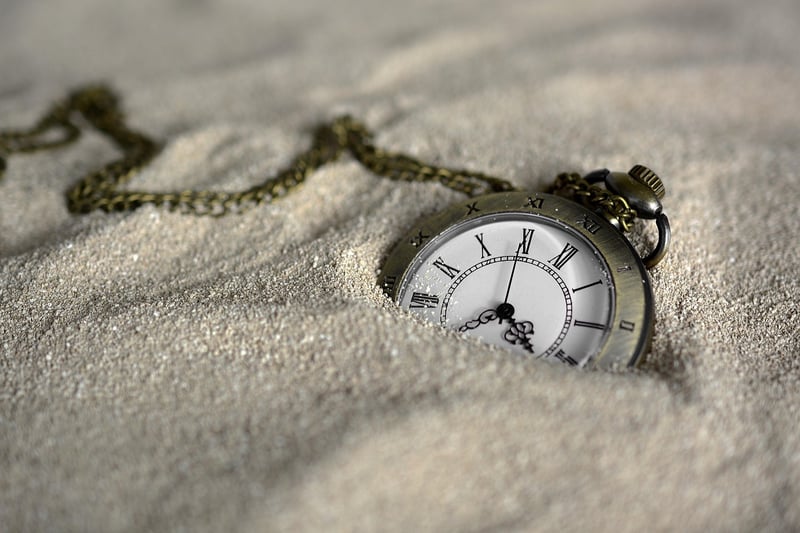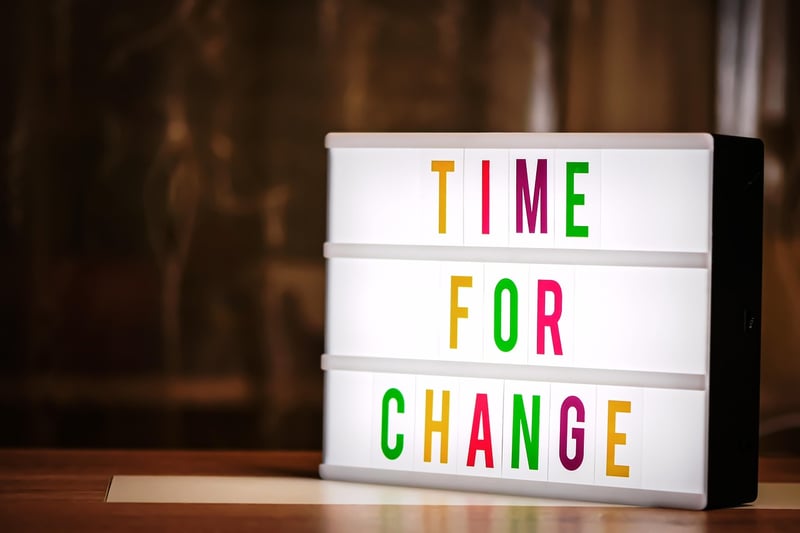Changing the Past
The Ethics of Changing the Past: A Thought-Provoking Discussion
Time travel has long been a fascinating topic in science fiction, allowing us to ponder what could happen if we could change the past. While altering the course of history may seem like a thrilling concept, it raises ethical considerations that are worth exploring.
Paradoxes and Consequences
One of the primary ethical dilemmas of changing the past is the potential for paradoxes. Imagine going back in time to prevent a tragic event – would altering that moment create a new timeline or erase your existence altogether? The ripple effect of even minor changes could have unforeseen and potentially catastrophic consequences.
Moral Responsibility
Another crucial aspect to consider is the moral responsibility that comes with altering history. Who decides what events are worth changing? Would individuals or governments manipulate the past for personal gain, leading to a distorted reality? The power to change the past comes with significant ethical implications.
Preserving the Integrity of History
History is a complex tapestry of events that have shaped our present reality. By changing the past, we risk losing valuable lessons and insights that have led us to where we are today. Preserving the integrity of history is essential in understanding our collective journey.
Conclusion
While the idea of changing the past may be alluring, it is crucial to consider the ethical implications and responsibilities that come with such power. As we continue to explore the possibilities of time travel in fiction and theory, it is essential to reflect on the importance of respecting the past and shaping a future that is built on integrity and wisdom.

Explore more about time travel and ethics here.
